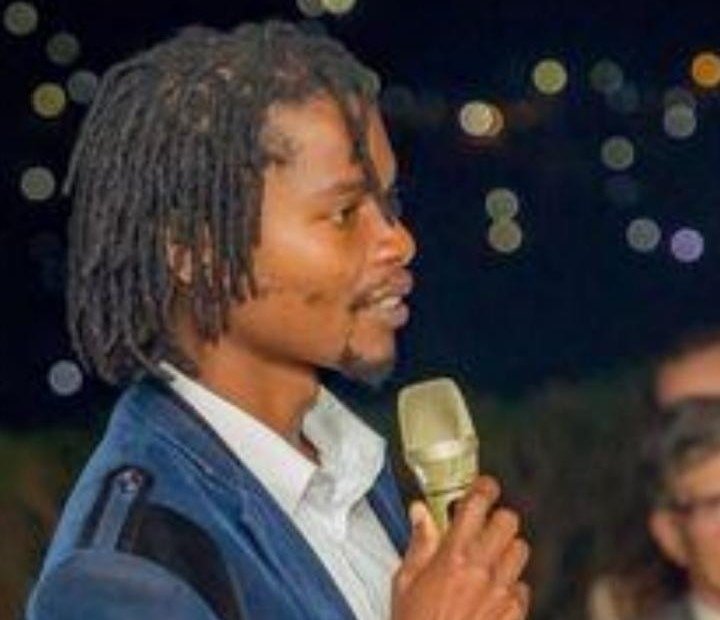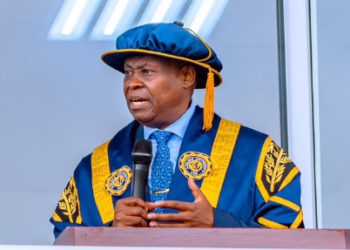Key Takeaways:
- Mentoring can develop emotional maturity in youth when we give them an outlet to heal.
- We mentor when we lead by example.
- Accountability is key because even good mentors can make mistakes.
- Positive mentoring can improve the overall health of a community.
Mentoring youth in Africa faces many challenges with a lack of access to positive role models and barriers to quality education as two examples. For this article, spoke with Rukundo Jean Baptiste, a Rwandan national who manages a US-based social enterprise in Rwanda. Like many of his peers, Rukundo grew up in an orphanage after his parents were killed during the 1994 Genocide Against the Tutsi. He struggled without his family, during a time when the country was rebuilding itself, and in deep poverty; but he was inspired to become a ‘better’ mentor because he wanted to ‘offer better things to others so they don’t feel’ the same ‘hurt’.
As a youth, Rukundo discovered his gift for art and has become renowned in Rwanda for his unique style that blends culture with expressionism. Art became the tool that he uses to share his feelings with the world. He was compelled to mentor the younger generations so that they had an outlet for their pain – and their joy; so, he worked with NGOs to teach reconciliation with brush strokes and paint blending on canvas. Through his mentoring and his art, Rukundo began to heal, too. He discovered that directing ‘others to become the best that they want to be’, he also became the best.
Subscribe To Unlimited Premium Digest.
This is premium content. Subscribe or Login to read the entire article.
Subscribe
Gain access to all our Premium contents.More than 1,000+ Articles, News, & Scholarships.





































































 EduTimes Africa, a product of Education Times Africa, is a magazine publication that aims to lend its support to close the yawning gap in Africa's educational development.
EduTimes Africa, a product of Education Times Africa, is a magazine publication that aims to lend its support to close the yawning gap in Africa's educational development.

